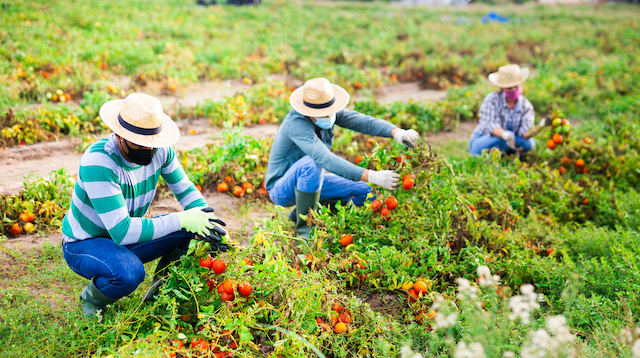SEATTLE — The U.S. House has passed the Farm Workforce Modernization Act, setting up a path to citizenship for immigrant farmworkers, but some groups representing workers say it would put too much power into the hands of the agriculture industry.
If the bill passes, workers with at least a decade of experience would be eligible for a green card after four years, and those with less experience would be eligible after eight years.
Citizenship applications would rely on employers for verification.
Rosalinda Guillen, executive director of Community to Community Development, said citizenship applications would rely on employers for verification.
“At a time when we could go progressive and move closer to racial justice, we’re actually accepting the industry’s priorities instead of the farmworker families’ priorities,” Guillen contended.
The bill received support from all but one Democrat in the House, as well as 30 Republicans.
One of the top co-sponsors is Rep. Dan Newhouse, R-Wash., a farm owner in the Yakima Valley. Newhouse’s office did respond to a request for comment.
The bill would also expand the H-2A visa program, which provides guest workers from other countries to farms. It would cap wages to workers in that program for a year.
David Bacon, a journalist and immigrant-rights activist, said the H-2A program has barred participants from unionizing, an issue the bill in Congress doesn’t address.
“That is the one method that people historically have used to try to raise low wages and end poverty in rural areas,” Bacon pointed out. “But the reality of it is when H-2A workers try to organize, and this has happened repeatedly, they get fired, they get legally deported, and they get blacklisted so that they can’t come in future years.”
Farmworkers in Washington state have been deemed essential during the pandemic, although Guillen noted they haven’t necessarily been protected. Central Washington, home to much of the state’s agriculture, has seen some of the biggest COVID-19 outbreaks in the past year.
She wants congressional leaders to recognize their work during the pandemic by scrapping this bill and starting over.
“Are we essential?” Guillen asked. “Then make this legalization process instant, make it quick, make it permanent.”






